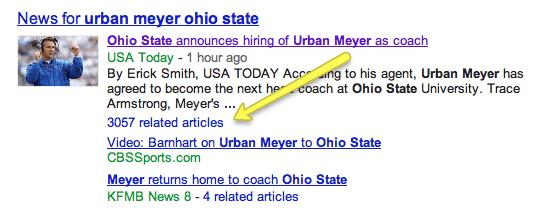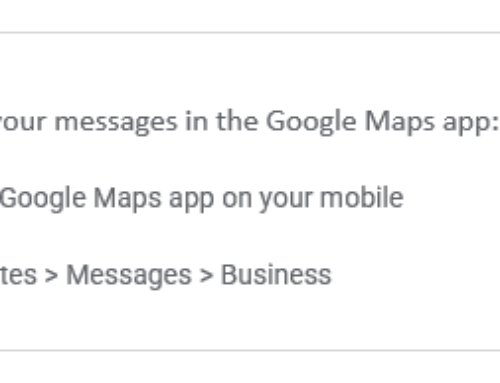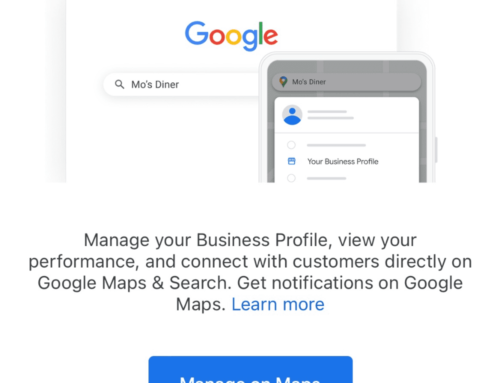Google Wants The Best of the Best ONLY Now
The old approach for ranking well on Google was to create lots of content to dominate a particular space or niche. That game is now obsolete. As both search and the web mature, Google must now work more rigorously to consume greater quantities of data in order to find the best of the best – what is worth sharing.
 Google today is much like your 4th grade teacher that pushed you to your limits – asking that you always give your best. Why? Because once in a while you produced some stellar work that was worth sharing with the class.
Google today is much like your 4th grade teacher that pushed you to your limits – asking that you always give your best. Why? Because once in a while you produced some stellar work that was worth sharing with the class.
You made her proud so she honored your work.
That’s what Google wants from you – only what is worth sharing.
It’s a very crowded web that will only get noisier, with massive amounts of content being created every day.
The challenge for Google used to be finding good content. Now that social sharing has become more prevalent, the new challenge for Google is to also eliminate content that is merely average – what content creators refer to as fluff.
You can see this trend playing out in book publishing. Non-fiction titles in particular are shrinking in page counts as a result of eliminating the fluff that traditional publishing established as the norm for a quality book.
Rate Your Content Quality
For your online content to rank well with Google moving forward, it will have to rate well against the following 5 attributes.
#1 – Relevance
Relevance is determined in terms of a specific and defined audience. The more specific the better.
#2 – Clean and Uncluttered
Unnecessary words and paragraphs are eliminated – with ample white space providing a pleasant display. Yes, even the visual appearance of online content is considered by Google.
Chunky paragraphs and crowded text suggest little care for the audience. Infographics that simplify and order content, while providing a visual hook also fall into this category.
#3 – Fresh and Original
With so much information being shared and repurposed, the value of truly original content is dramatically increased. Google any major news story and you will see most of the releases are aggregated into “related articles.”

However, one story earns the headline. Why? There are a number of factors, authority, originality, and completeness being among the most important.
It’s now more important to produce a well-written magazine style article than to merely be first to report the news.
#4 – Evergreen
One aspect of relevance is time. So, if you are going to go to the trouble of creating quality content, it is best to minimize references to time for an extended shelf-life.
Obviously, all of your content cannot be evergreen, but you should endeavor to have a foundation that serves as a reference for your loyal followers, while also helping newcomers to your community.
#5 – Interactive and Engaging
Interactive content is conversational. You ask a question and your audience mentally responds or physically takes some kind of action.
Watching a video, downloading a PDF, or navigating an infographic are all forms of interaction that tend to engage your audience. Links to related content also accomplish this objective.
When you understand how Google thinks you are better equipped for earning a high placement in their search results.
The good news is that the majority of content creators will not take the time and effort to create really good work that is worth sharing. As a result, ranking well with Google is possible even if you do not have a high level of authority.
Google is raising the bar. If you are among the few that are willing to rise to the occasion and create outstanding content, you will be justly rewarded.






